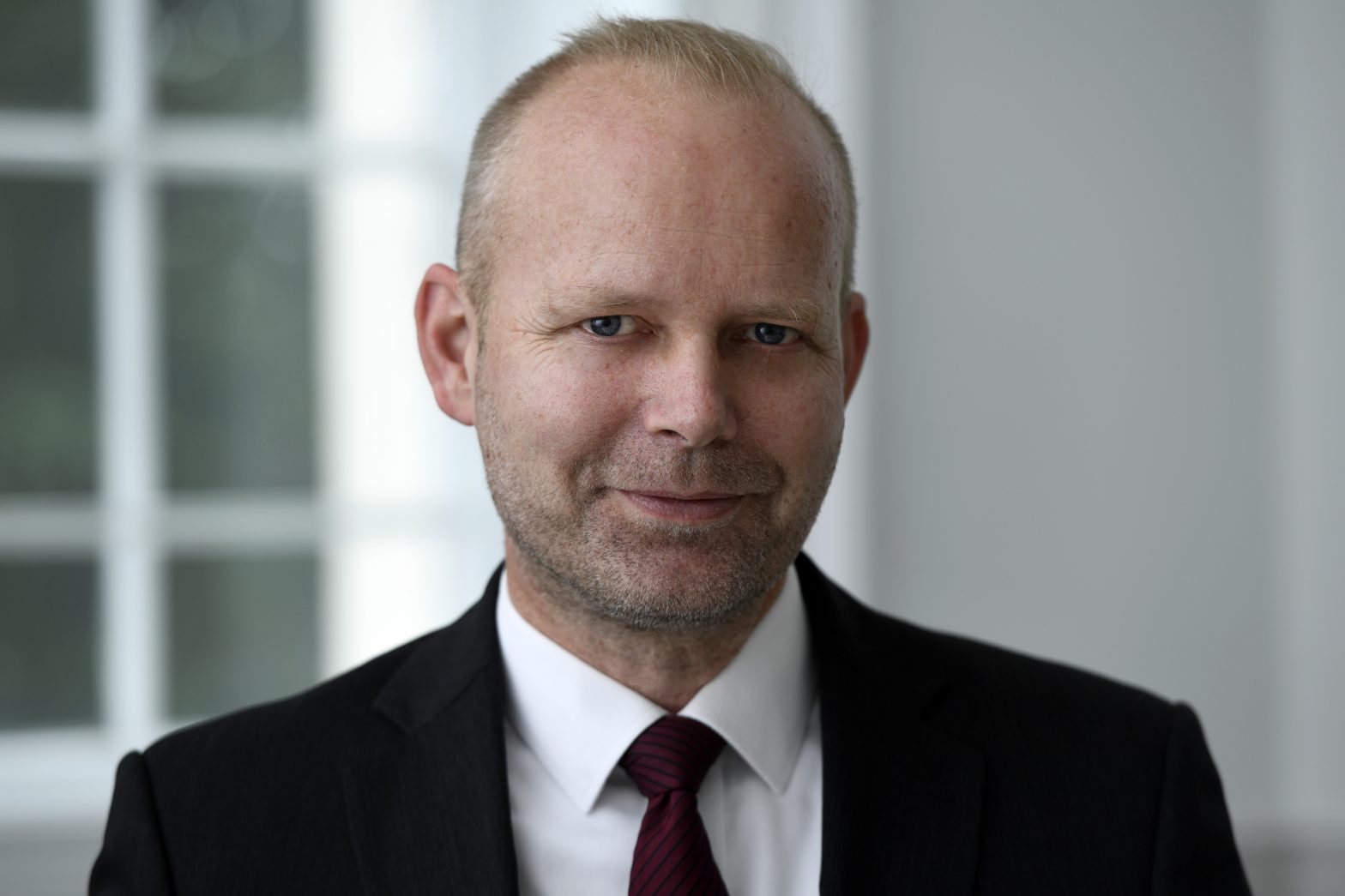Pain is coming in the October Budget

Sir Keir Starmer’s Government is set to make more tough choices in the months ahead as it balances key priorities and vested interests, writes Paul Montague-Smith, lead counsel – public affairs at MRM.
Sir Keir Starmer stood in the Downing Street Rose Garden before a group of the general public. The sun shone, but his message was that there are dark clouds around us.
During his 40-minute speech he argued the Government had to fix the foundations and 14 years of rot that the Conservatives had left behind, of which the recent violence on our streets were a symptom. He argued Labour had done more in seven weeks than the Tories had in seven years.
Rededicating his Government to the service of the ‘decent, hard-working people’ seated in front of him, he promised that while politics would resume when MPs return to Westminster next week, it wouldn’t be business as usual. And that, while things would get better, they would first get worse, confirming more pain is coming in the October Budget.
With growth the central mission of his Government, the Prime Minister argued that ending industrial action in the health and rail sectors was a key ingredient to growing the economy. However, with unconditional inflation-busting deals now a reality, the chances are other public sector workers will start forming a long queue – or picket line – to get the same. An expensive quick win could turn into a very expensive long-term headache.
While the Prime Minister reminded his Rose Garden guests of the impropriety of the Downing Street parties under Boris Johnson, the new Labour Government has itself recently been hit by allegations of cronyism, parachuting donors and former colleagues into civil service posts.
You can understand the new Government’s desire to get those it trusts and who support its objectives into government quickly, not least because the Conservatives had 14 years to recruit or favour its own like-minded people. But the way it has been done runs the risk of the public seeing Labour as they do the Tories, favouring their friends and paymasters, rather than setting it apart with a new approach to government and politics.
Labour’s priorities for the rest of the year are to drive through key legislation on budget responsibility, rail nationalisation, employment rights and setting up Great British Energy, as well as securing planning reforms to deliver 1.5 million new homes.
The party meets in Liverpool for its annual conference from 22 September – expected to be the largest gathering of supporters and lobbyists it has seen. It will be a celebration of their remarkable electoral victory but should also give insights into the priorities of new ministers into next year and beyond.
Meanwhile the Conservatives will be gathering in Birmingham a week later to lick their wounds and assess their candidates for leader. Of the six still in the race – Kemi Badenoch, James Cleverly, Robert Jenrick, Priti Patel, Mel Stride and Tom Tugendhat – Badenoch appears to be the most popular with Conservative party members. The big decision for the party is whether they tack to the right towards Reform UK, or whether they seek to compete in the centre ground. The general election result was clearly not a strong endorsement of Labour, rather a verdict on Conservative drama and incompetence. Their choice of leader and strategy could be decisive in how long Labour is in office – five years or a decade or more.
